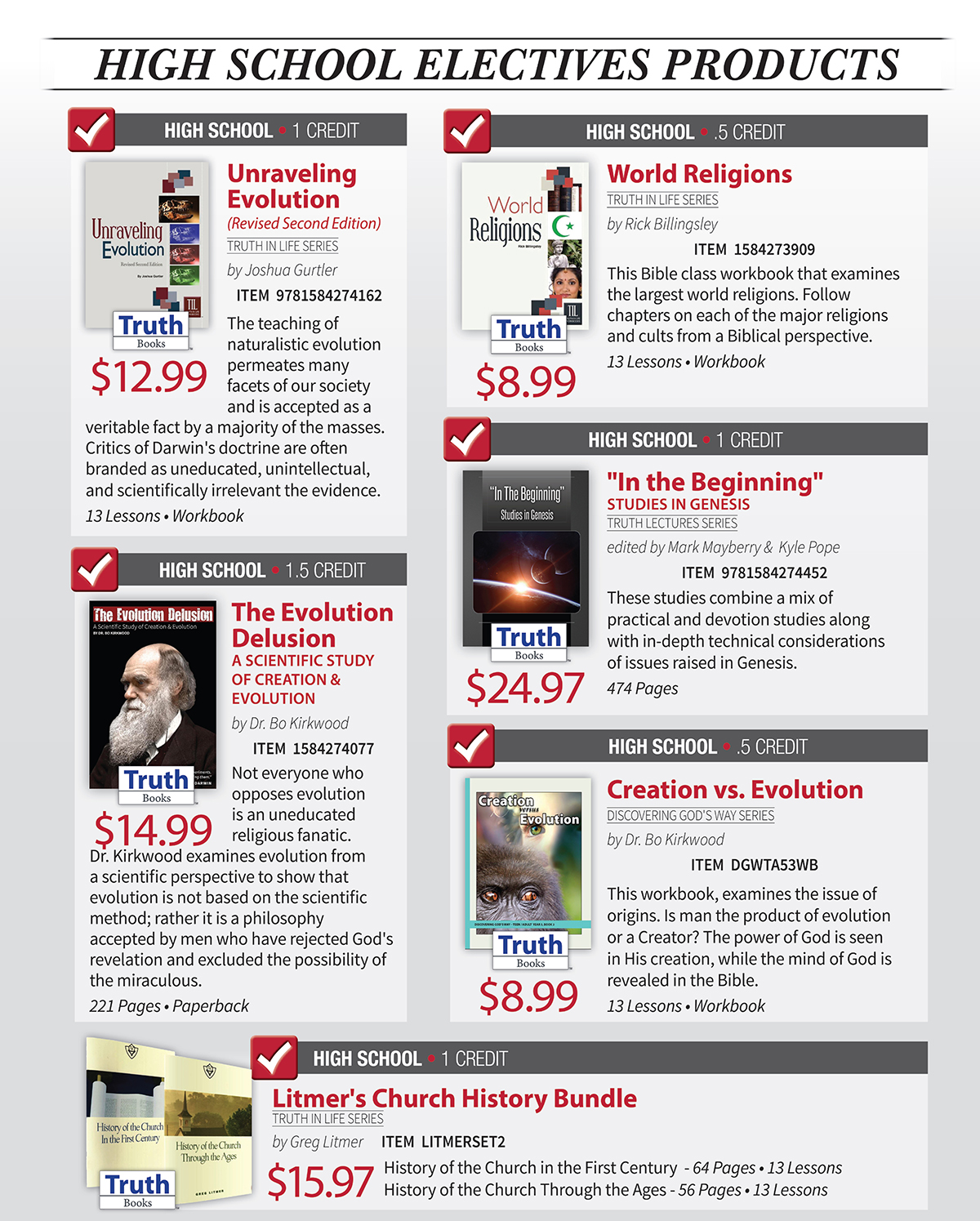
by David Flatt
Synopsis: The concept of a remnant is central to understanding God’s dealings with humanity: “Though the number of the sons of Israel be like the sand of the sea, it is the remnant that will be saved” (Rom. 9:27; cf. Isa. 10:22).
Paul has finished telling the history of Israel, explaining how God worked through a rebellious people to fulfill His promises. He punished Israel but preserved a remnant. Having worked his way through Israel’s history, Paul now considers God’s people in the present time.
In this text, Paul describes the temple that God promised to build through the Messiah. He cites Isaiah 28:16, where the prophet foreshadows the new temple. Whoever believes, Isaiah affirms, will not be ashamed. Paul also cites Isaiah 8:14-15, where the prophet speaks of a stone of stumbling. God would set a stone in front of His rebellious people as a form of judgment. They would trip over it and fall. Paul brings together both statements and explains how they were fulfilled through Israel’s rejection of Jesus Christ and the Gentile’s acceptance of Him.
Paul once again makes the point that God’s plan had not been altered by the Messiah, but rather fulfilled. God had been true to His promises. The foundation of God’s new building/temple had been laid. Those who do not believe in the Messiah will trip and fall. Israel had stumbled over this foundation stone and fallen. This was evident in their rejection of Jesus during His earthly ministry and their continued rejection of the gospel.
Now, Paul’s use of Isaiah in this paragraph is central to his explanation in Romans 9-11. Having described Israel’s history, he brings them to the present. Israel had rejected the Messiah in the past, and continued to do so in the present. In contrast, the Gentiles had attained membership into God’s covenant family for one simple reason: faith. They believed Jesus was the Christ and obeyed the gospel. Israel (the physical/fleshly family of Abraham and the Messiah) had been excluded from God’s covenant family because of their disbelief. However, the Gentiles had been accepted because of their faith.
The paragraph ends with Paul summarizing the main point of his earlier argument (Rom. 9:6-26). “For Christ is the end of the law for righteousness to everyone who believes” (Rom. 10:4). The Messiah is the end of the law for righteousness, but, what is the law for righteousness? Again, we have the difficult problem of defining the word “righteousness,” as it is used in this context. Paul seems to use this term in its broadest possible meaning. Given the various ways he has used the word throughout the letter, this would include the following ideas of righteousness (Wright, 25-26):
The Messiah represents God’s faithfulness to the covenant He made with Abraham. This covenant was ultimately kept, honored, and fulfilled through Jesus the Messiah. He is the end (goal or the final part) of the covenant.
Believing Jesus is the Messiah is the only way to become part of God’s covenant family. Therefore, membership is not limited by ethnicity. Membership is entirely based on faith. This is why the Gentiles could become part of God’s covenant family.
Whatever claims the Jews were continuing to make based on the Law of Moses were futile. Faith is the law of the covenant family. As previously explained in Romans 7-8:4, the Law of Moses was fulfilled in Christ.
In this passage, Paul does something familiar among the Jews, but rarely done by us. He explains how the Messiah was the fulfillment of the promise of life that was offered long ago. In Deuteronomy 28-30, Moses gives guarantees to Israel as they are about to embark on the promised land. These chapters serve both as blessings and curses, as well as a foreshadowing of Israel’s future. If Israel is unfaithful to the covenant, God will exile them from the land (Deut. 28-29).
And if you faithfully obey the voice of the LORD your God, being careful to do all his commandments that I command you today, the LORD your God will set you high above all the nations of the earth. And all these blessings shall come upon you and overtake you, if you obey the voice of the LORD your God. . . But if you will not obey the voice of the LORD your God or be careful to do all his commandments and his statutes that I command you today, then all these curses shall come upon you and overtake you (Deut. 28:1-2, 15).
Deuteronomy 29 serves as a reminder of God’s dealings with Israel and His faithfulness to the covenant. God liberated them from Egypt and brought them to the land of their inheritance. Additionally, this chapter serves as a prophecy. Moses indicates future times when Israel would be unfaithful to God and be punished/cursed according to the covenant. Israel would be exiled into foreign captivity, and God would leave the land desolate. Gentiles would observe Israel’s destruction and ask why Jehovah had done this. God would explain that His wrath fell on Israel because they were unfaithful to the covenant (Deut. 29:24-28).
In contrast with these judgments, Deuteronomy 30 is a hopeful promise of a future blessing. When exiled, Israel would be left to wonder if God was finished with them. Nevertheless, He promises to rescue them if they repent.
And when all these things come upon you, the blessing and the curse, which I have set before you, and you call them to mind among all the nations where the LORD your God has driven you, and return to the LORD your God, you and your children, and obey his voice in all that I command you today, with all your heart and with all your soul, then the LORD your God will restore your fortunes and have mercy on you, and he will gather you again from all the peoples where the LORD your God has scattered you (Deut. 30:1-3).
God would circumcise their hearts (Deut. 30:6; cf. Rom. 2:28-29), i.e., He would change their hearts so that they will keep the law as He intended. This promise was not far removed from them. They did not have to ascend into heaven or go across the sea to get it (Deut. 30:11-13). Instead, the word (or promise of life) was near them, in their mouths, and their hearts (Deut. 30:14).
For this commandment that I command you today is not too hard for you, neither is it far off. It is not in heaven, that you should say, ‘Who will ascend to heaven for us and bring it to us, that we may hear it and do it?’ Neither is it beyond the sea, that you should say, ‘Who will go over the sea for us and bring it to us, that we may hear it and do it?’ But the word is very near you. It is in your mouth and in your heart, so that you can do it (Deut. 30:11-14).
How and when would this promise be kept? No one knew. For generations, the Jews had poured over these chapters to discern the times in which they were living. After being restored from Babylonian exile, they pondered the fulfillment of this passage. Therefore, Paul addressing these texts from Deuteronomy is understandable and expected. Just as was promised in Deuteronomy 30, Paul identifies specifically the “word nigh in their mouths.”
The word was the word of faith that Jesus was the Messiah. If they would believe this in their hearts and confess this with their mouths, they would be saved. They would receive the promise of life from Deuteronomy 30. Israel did not have to ascend into heaven to secure this pledge because Christ came down to earth. They did not have to descend into the depths because He had been raised from the dead. All Israel had to do to receive this promise was to believe.
Paul has shown that God had fulfilled His covenant with Abraham through Jesus Christ. Now, he begins to explain, not just that Israel had rejected the Messiah, but their rejection had been foreshadowed in the Scriptures. Additionally, the Gentile’s admission into God’s family had also been foretold. By explaining these things, Paul seeks to persuade Israel to believe.
God’s good news of salvation through His Son had been proclaimed throughout the Gentile world. Paul, in particular, had preached to the Gentiles. He cites Isaiah 52:7 about a joyous reaction to hearing the good news of God. However, the apostle has a problem: Not all Gentiles believed the gospel. Paul quotes Isaiah 53:1, where the prophet describes the Servant of the Lord asking, “Lord, who has believed our report?” Why doesn’t everyone believe the good news? While Paul doesn’t offer an immediate answer, he is convinced that belief/faith is the result of hearing the good news announced.
Paul witnessed a range of reactions among the Gentiles. Some believed the gospel, but not everyone. Why had not all the Gentiles believed? Had they not heard? To answer this plausible question, the apostle quotes Psalm 19, which describes God’s message powerfully resounding throughout the world (cf. Col. 1:23). The point is this: All creation hears, but not all creation believes.
What about Israel? If God’s good news was powerfully made known in all creation, and if the Old Testament Psalms and prophets indicated all creation would know of God’s good news, would Israel believe? Did Israel know God would reveal salvation to the pagan nations while they continued in unbelief? Having cited the Psalms and Prophets (constituting two-thirds of the Old Testament), Paul now cites the law.
In Deuteronomy 32:15-21, Moses declares that God would provoke Israel to jealousy by pagan nations. Israel had become “children in whom is no faith.” God would use pagan nations to provoke Israel to jealousy so that they might return to Him. Paul affirms that this prophecy was being fulfilled as the Gentiles obeyed the gospel.
And he said, “I will hide my face from them; I will see what their end will be, for they are a perverse generation, children in whom is no faithfulness. They have made me jealous with what is no god; they have provoked me to anger with their idols. So I will make them jealous with those who are no people; I will provoke them to anger with a foolish nation” (Deut. 32:20-21).
Paul uses the Law, Psalms, and Prophets (symbolizing the entire Old Testament), showing that God always intended to bring the Gentiles into His covenant family through faith in the Messiah. Israel’s being provoked to jealousy will be explained in the next chapter, but the apostle here introduces the concept. Like the older brother in Jesus’s Parable of the Lost Son, when God receives the Gentiles into His family, Israel will react with anger and jealousy (Luke 15).
Paul finishes this paragraph by summarizing his point about the Gentile’s acceptance of the gospel and Israel’s rejection of the gospel. He does this by citing from Isaiah:
I was ready to be sought by those who did not ask for me; I was ready to be found by those who did not seek me. I said, “Here I am, here I am,” to a nation that was not called by my name. I spread out my hands all the day to a rebellious people, who walk in a way that is not good, following their own devices (Isa. 65:1-2).
A group of people who were not looking for salvation had stumbled into it. A group of people who had been looking for salvation turned away from it when it appeared. Despite being invited, Israel wanted nothing to do with Jesus, but instead, spoke against Him. So the Gentiles were invited, which is reminiscent of Jesus’s Parable of the Great Supper (Luke 14:16-23).
Conclusion
For Israel, this explanation is both surprising and sad. Yet, God was able to work through Israel’s rejection of the Messiah (and the gospel) to accomplish His broader purpose of human redemption. As far as Israel’s rejection is concerned, no one understood the rejection of the Messiah/gospel better than Paul. Likewise, no one understood redemption better than Paul.
Therefore, Israel was not without hope. They could still be saved if they would believe the gospel. The following chapter will address Israel’s present situation. Paul will explain how Israel’s jealousy of the Gentiles was intended to provoke them to obey the gospel.
Wright, N.T. Paul for Everyone: Romans Part Two. Westminster John Knox Press, 2004.



